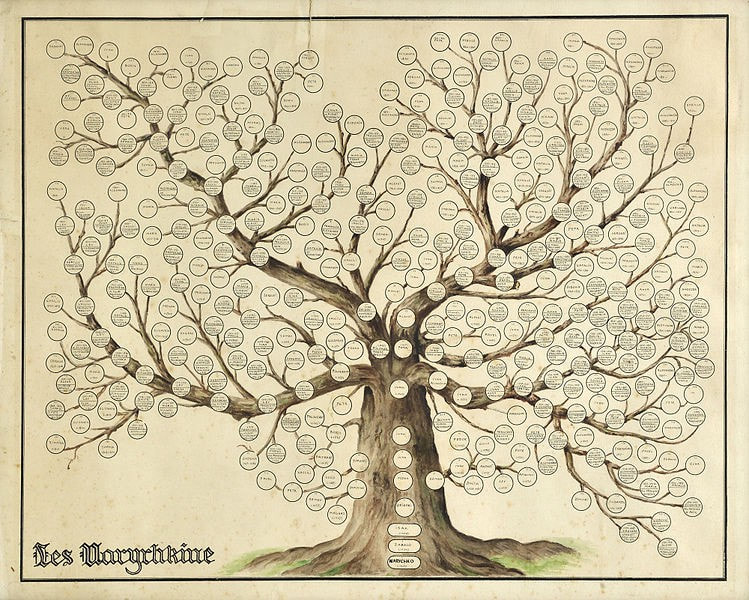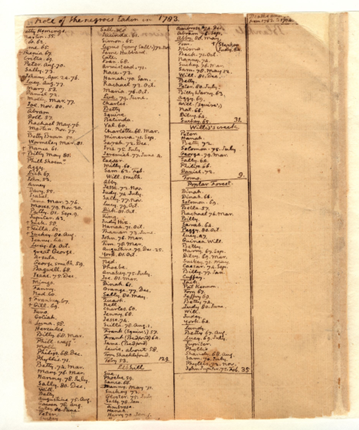|
By Eve Higby Many of us are looking at our stations in life — where we have privilege and where we lack it. Our society has various power structures that define those privileges: patriarchy, racism, capitalism, cisheteronormativity. As a white woman, I have some power in a group of mixed races due to the forces of white supremacy, but less power in a group of white men and women due to the forces of patriarchy. Within a group of white women, my class standing will play a role in how much power I have. The way that each of our identities is positioned within those structures and within certain social contexts form the basis of a critical self-analysis. This type of analysis helps us to think about our privileges and where they come from, considering race, ethnicity, gender identity and expression, age, immigration status, and socioeconomic status. What is critical family history? A critical self-analysis is useful for understanding how we navigate society and experience certain privileges and are denied others. But our circumstances and even our identities are also a product of our ancestors and the circumstances that they went through. By completing a critical family history, you can start to understand your family history in the context of larger social relationships of power, such as racism, colonization, patriarchy, and social class. You may even discover how your own family members participated in, helped to construct, resisted, or simply experienced these forces. Micki Luckey Among the many great books that document the history of slavery in the United States, none made me see its present impact as did How the Word is Passed by Clint Smith. Subtitled A Reckoning with the History of Slavery Across America, the book takes us to places in this country where we encounter present-day reminders of slavery, “places whose histories are inextricably tied to the story of human bondage.” Reading about what Smith saw and who he met brought up many feelings — distress, sadness and rage, along with an appreciation for all I was learning. Smith presents new, often surprising information at every site he documents. To explore different aspects of the history of slavery in this country, Smith takes us to a cemetery, a monument, a prison and more. He talked with residents, guides, and scholars, who shared their personal experiences and remembrances. While the book title comes from the Getting the Word oral history project of the 1930s, it is through the voices in this book that the word continues to be passed. Smith ends How the Word is Passed by sharing bits of his family story as well: “My grandfather’s grandfather was enslaved. … My grandparent’s voices are a museum I am still learning how to visit.” Smith has created his own kind of museum by sharing the stories in this book. Below I share some highlights, but I recommend you open this book and enter the museum yourself for the fascinating details you will find there. |
Find articles
All
Browse by date
July 2024
MEDIUM |
© COPYRIGHT 2017-2024 SURJ BAY AREA. ALL RIGHTS RESERVED.




 RSS Feed
RSS Feed